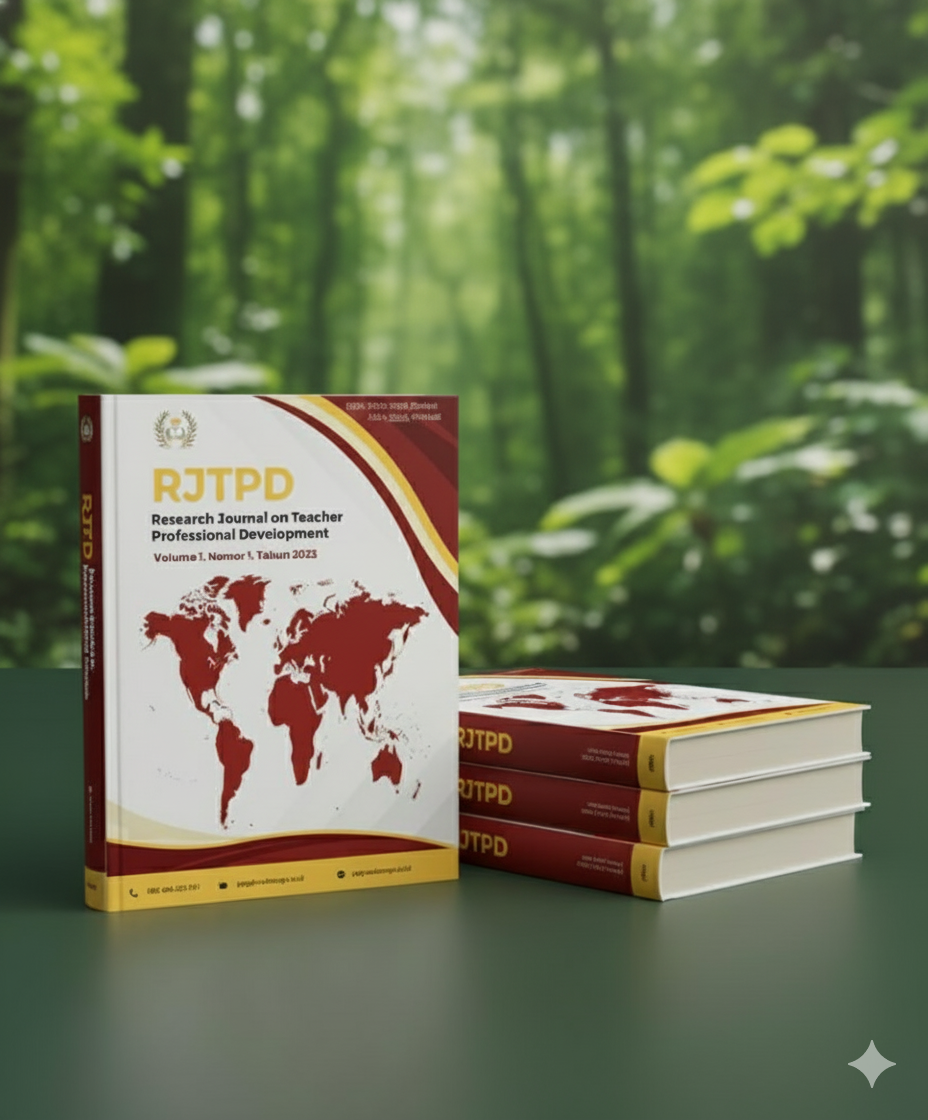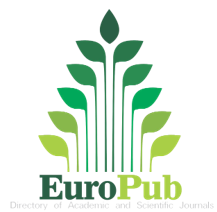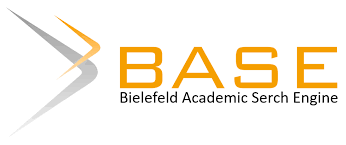Plastic Waste Management Education Through the Waste Management Unit (UPS) in Borobudur Village
Keywords:
Plastic Waste, Waste Management Unit, Borobudur, Various CreationsAbstract
The rapid increase in population and tourist visits can be the basis of an important issue of increasing waste volume as one of the causes of environmental problems, one of which will affect people's consumption patterns so that it has an impact on increasing the volume, type and characteristics of waste. The purpose of this study: how is the level of awareness of community function duties in waste management, how is the role, involvement, participation or participation of the community in supporting waste management, and how is the support or synergy of other stakeholders in waste management in Borobudur Magelang District. The research method used is quantitative ex-post facto in focus group discussion (FGD) activities by presenting 40 people (representatives of 21 hamlets in Borobudur Village). The results of the research on Borobudur Village area-based waste management, waste management policies and regulations, and inorganic waste management (plastic) obtained the results there is a significant difference in changes in insight, knowledge and understanding before and after FGD activities on plastic waste management into various creations. The conclusion is that the level of awareness, understanding, role, involvement and participation of community waste management institutions and the community positively support the wise management of plastic waste in the form of various creationsDownloads
References
Andreeyan, R. (2014). Studi Tentang Partisipasi Masyarakat Dalam Pelaksanaan Pembangunan Di Kelurahan Sambutan Kecamatan Sambutan Kota Samarinda. Jurnal Administrasi Negara, 2(4).
Arisona, R. D. (2018). Pengelolaan Sampah 3R (Reduce, Reuse, Recycle) Pada Pembelajaran Ips Untuk Menumbuhkan Karakter Peduli Lingkungan. 3 (1). 39–51.
Asteria, D., & Heruman, H. (2016). Bank Sampah Sebagai Alternatif Strategi Pengelolaan Sampah Berbasis Masyarakat di Tasikmalaya. Jurnal Manusia dan Lingkungan, 23(1). 136-141.
Azwar, S. (2012). Reliabilitas dan Validitas. Ed. 4. Yogyakarta : Pustaka Pelajar.
Bachtiar, H., Hanafi, I., & Rozikin, M. (2015). Pengembangan Bank Sampah Sebagai Bentuk Partisipasi Masyarakat Dalam Pengelolaan Sampah (Studi pada Koperasi Bank Sampah Malang). Jurnal Administrasi Publik (JAP). 3(1). Hal 128-133.
Birawida, A.B. (2021). Community Behavior in Garbage Processing in Spermonde Islands of The City of Makassar. Jurnal Nasional Ilmu Kesehatan (JNIK). 4 (1). 1-9
Cohen, J. M., & Uphoff, N. T. (1980). Participation’s place in rural development: Seeking Clarity Through Specificity. World Development, 8(3), 213–235. https://doi.org/10.1016/0305-750X(80)90011-X
Dermawan, Lahming, & S.Mandra, M. A. (2018). Kajian Strategi Pengelolaan Sampah. UNM Environmental Journals. 1(3). 86-90
Firdausi, N. J., Adriansyah, A. A. & Khafid, M., 2018. Pemanfaatan Jerami dalam Pembuatan Kompos di Desa Balongtani Kecamatan Jabon, Kabupaten Sidoarjo. Community Development Journal. 2(2). 380-389.
Ghozali, I. (2008). Desain Penelitian Eksperimental. Semarang. Universitas Diponegoro
Ghozali, I. (2021). Aplikasi Analisis Multivariate Dengan Program IBM SPSS 26 Edisi 10. Badan Penerbit Universitas Diponegoro.
Kastaman R., & Moetangad A. K. 2007. Teknologi Pengolahan Daur Ulang Sampah Sistem pengelolaan Reaktor Sampah Terpadu. Bandung : Humaniora.
Soetrisno, L. 1995. Menuju Masyarakat Partisipatif. Yogyakarta: Kanisius
Firmansyah, M.I. Agustus (2016). Studi Deskriptif Tentang Sinergitas Kewenangan Antara Bpjs Kesehatan dengan Organisasi Profesi dalam Penyediaan Layanan Kesehatan di Kota Surabaya, Jurnal Universitas Airlangga. 4 (2). 146 – 156.
Najiyati, S & Susilo, S.R.T. (2011). Sinergitas Instansi Pemerintah dalam Pembangunan Kota Terpadu Mandiri. Jurnal Ketrasmigrasian. 28 (2). 113-124
Nasikhin, N., Ikhrom, I., & Sutiyono, A. (2022). Sekolah online di masa pandemi COVID-19, bagaimana tanggapan guru dan siswa sekolah dasar?. Jurnal Muara Pendidikan, 7(1), 47-59.
Pratama, G. (2020). Upaya Modernisasi dan Inovasi Pengelolaan Sampah Berbasis Masyarakat di Desa Leuwimunding Majalengka. Etos: Jurnal Pengabdian Masyarakat, 2(1), 37-49.
Restuningdiah, N., Nagari, P. M., & Jati, F. D. (2021). Literasi Bank Sampah dan Asuransi Sampah sebagai Upaya Peningkatan Kesejahteraan Masyarakat. Jurnal Inovasi Hasil Pengabdian Masyarakat. 4(1). 144-152
Safiah, S. N., & Julipriyanto, W. (2017). Manfaat Bank Sampah Bagi Masyarakat Di Dusun Semali Desa Salamkanci Kecamatan Bandongan Kabupaten Magelang. (Studi Bank Sampah Semali Berseri). Jurnal REP (Riset Ekonomi Pembangunan), 2(2), 165–184. https://doi.org/10.31002/rep.v2i3.528
Saputri, M.M., Hanafi, I., & Ulum, M.C. (2015). Evaluasi Dampak Kebijakan Pemerintah Daerah Dalam Pengelolaan Sampah Melalui Program Bank Sampah (Studi di Bank Sampah Sumber Rejeki Kelurahan Bandar Lor Kec. Mojoroto Kota Kediri). Jurnal Administrasi Publik. 3(11). 1804-1808
Sari, P. P., & Benno, R. (2011). Identification of Factors That Influence Public Trust Level on Waste Segregation. Jurnal Teknik Lingkungan. 18(2). 189–200.
Sila Dharma I. G. B. Et al. 2013. Model Pengangkutan Sampah Kota Bangli. Jurnal Spektran. 1 (2). 24-29
Soetomo. (2008). Masalah Sosial dan Upaya Pemecahannya. Yogyakarta: Pustaka Pelajar
Sucipto, D.C. 2012. Teknologi Pengolahan Daur Ulang Sampah. Yogyakarta : Gosyen Publishing
Sulistiyorini, N.R., Darwis, R.S., & Gutama, A. S. (2015). Partisipasi Masyarakat Dalam Pengelolaan Sampah Di Lingkungan Margaluyu Kelurahan Cicurug. Sosial Work Jurnal. 5(1).
Sumantri, A. (2010). Kesehatan Lingkungan dan Perspektif Islam. Jakarta: Kencana.
Suryani, A.S. (2014). Peran Bank Sampah Dalam Efektifitas Pengelolaan Sampah (Studi Kasus Bank Sampah Malang). Jurnal Masalah Sosial. 5(1). 71-80
Syafrudin, (2004). Model Pengelolaan Sampah Berbasis Masyarakat (Kajian Awal Untuk Kasus Kota Semarang), Makalah pada Diskusi Interaktif: Pengelolaan Sampah Perkotaan Secara Terpadu, Program Magister Ilmu Lingkungan, Universitas Diponegoro. Semarang.
Syari, W. (2021). Penyuluhan Penerapan Gaya Hidup Minim Sampah di Desa. PROMOTOR (Jurnal Mahasiswa Kesehatan Masyarakat). 4(1). 36–39.
Wardhani, M.K., & Harto, A.D. 2018. Studi Komparasi Pengurangan Timbulan Sampah Berbasis Masyarakat Menggunakan Prinsip Bank Sampah di Surabaya. Gresik dan Sidoarjo. Jurnal Pamator. 11(1). 52–63.
Wati, S. 2013. “The Implementation of Partnership Program In Gresik Regency Based 0n Governance Perspective (Case Study in PT Petrokimia Gresik)”. Jurnal Administrasi Publik. 1 (5). 1016-1024
Yulianti. (2012). Analisis Partisipasi Masyarakat Dalam Pelaksanaan Program Nasional Pemberdayaan Masyarakat (PNPM) Mandiri Perkotaan di Kota Solok. Universitas Andalas.

















